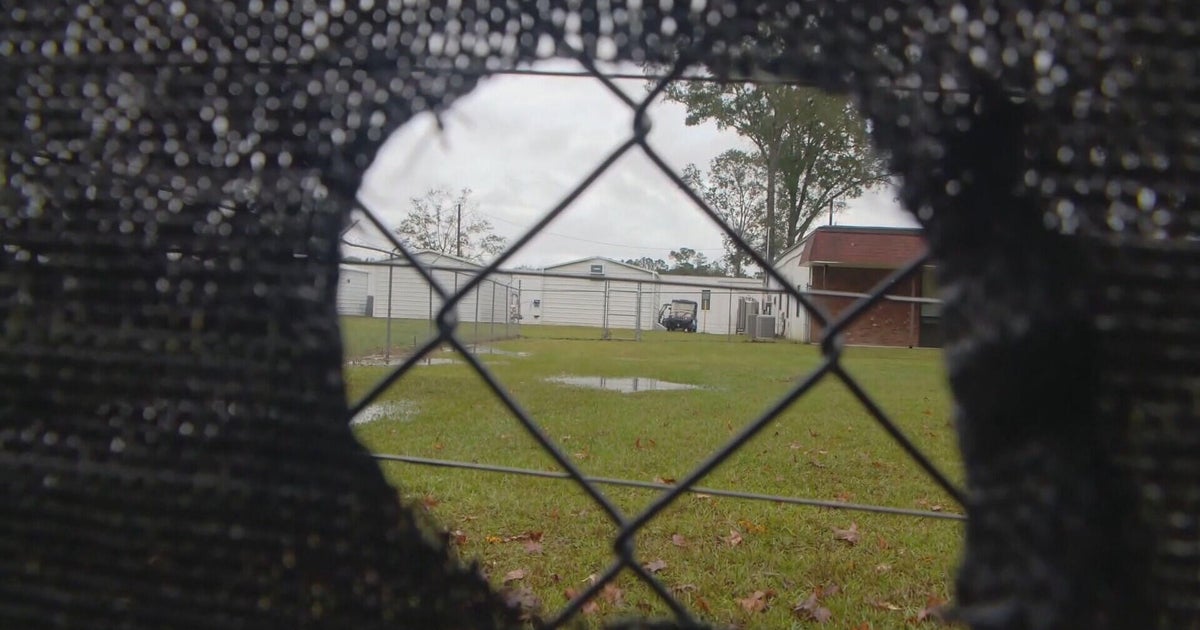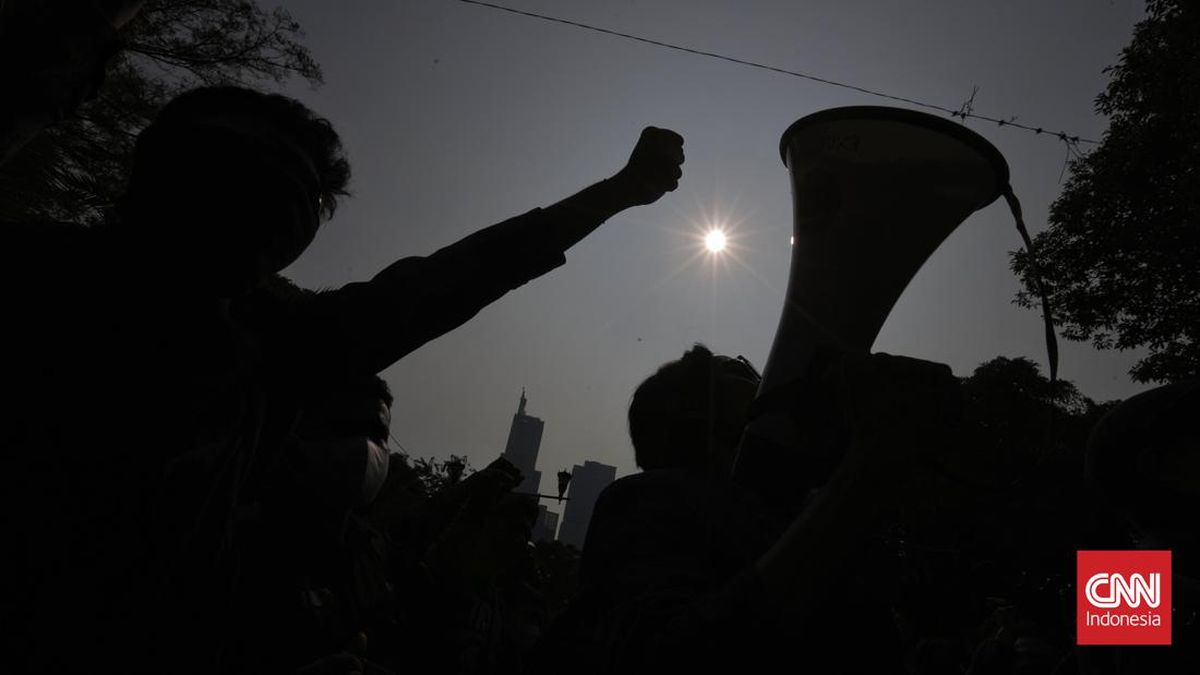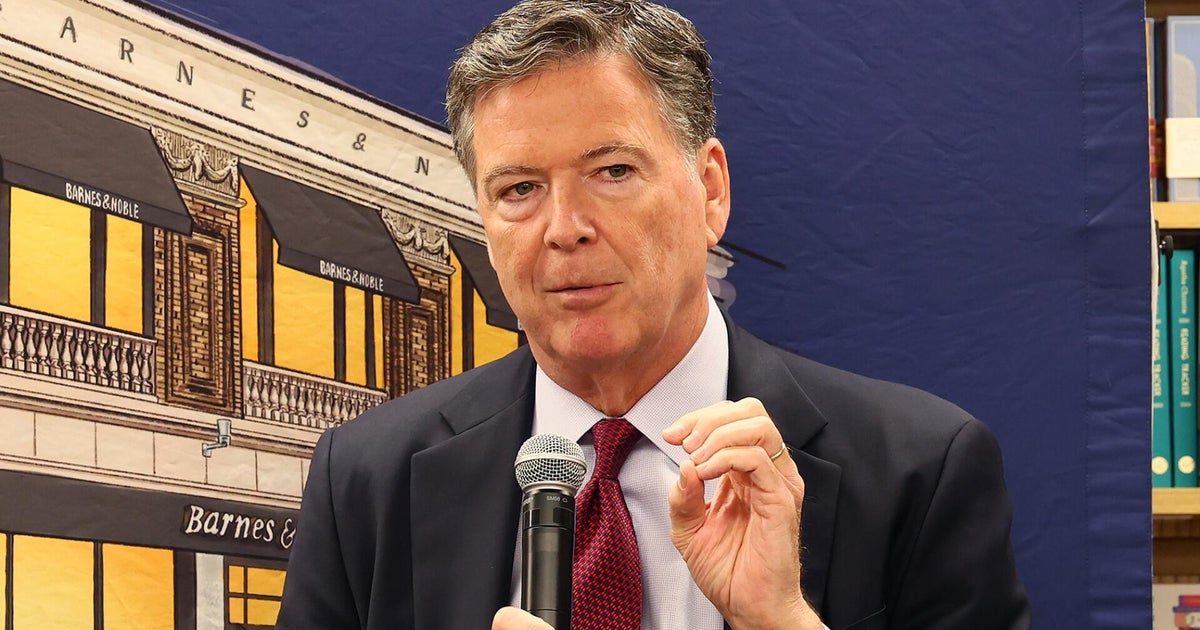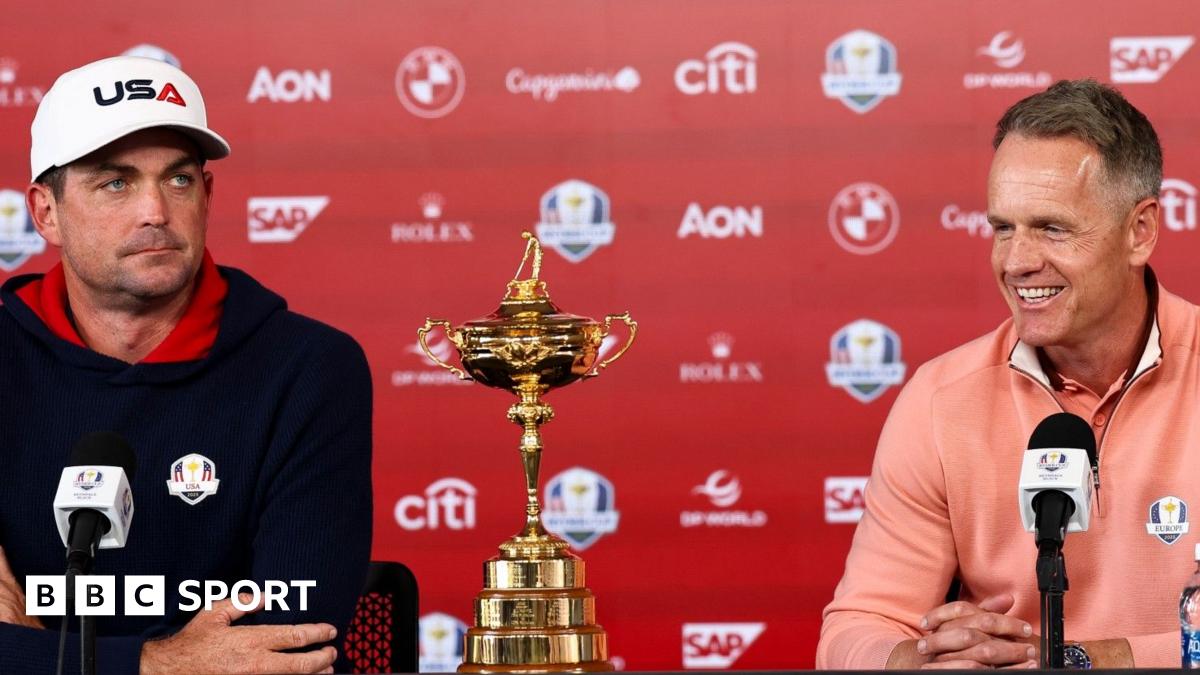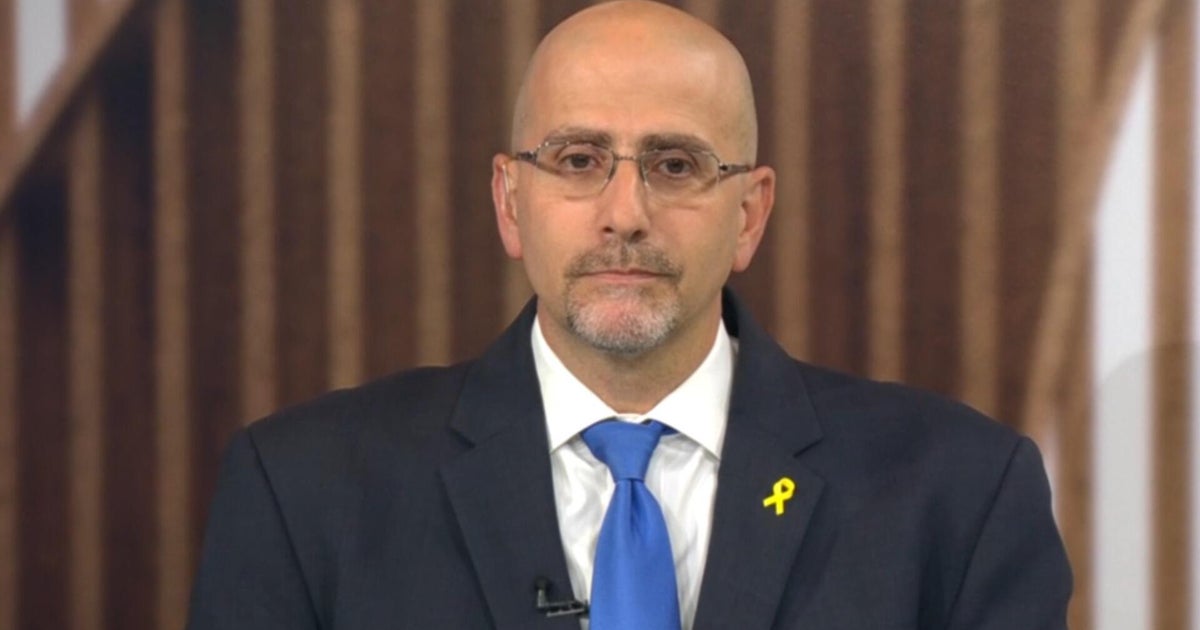Opinion
September 26, 2025 — 5.01am
September 26, 2025 — 5.01am
I am now retired but would really like to put an old situation from my work life “to bed”.
Some time ago, I got a job as a manager in a government instrumentality recovering from a major reshuffle. One of my early tasks was to recruit my direct reports. I advertised internally and got several responses, many of which came from applicants I knew. One, however, I had never heard of – their submission was first class and their actual prior experience seemed unbeatable. In their references they had listed a senior manager I knew and trusted. I decided to give this manager a call.

In this scenario, management may have had good reason to take such a conservative approach.Credit: John Shakespeare
I was told this candidate’s submission was a pack of lies. I considered myself forewarned and didn’t waste any time interviewing them. End of story, as far as I was concerned. But the candidate complained, arguing they should have been interviewed. Senior management ruled that I was wrong to follow up the reference and proclaimed that in future all interviews were to take place before approaching referees. By implication, I had seriously erred and was to blame.
I’d like your thoughts.
You mentioned in your longer email that you were, at the time of your appointment to the manager position, new to recruiting. To a degree, then, you were engaging in some professional ad-libbing, and inadvertently ignoring recruitment customs (more on that in a moment).
From what I can gather, you contacted the referee, not because you had any suspicions – you didn’t think the resume was too good to be true – but because this candidate was the only one you weren’t familiar with. You wanted a bit of background before moving to the next stage of the process.
Management should have had such policies in place before you entered into this process.
With all this in mind, my first response upon reading your email was that senior management’s ruling that you were in the wrong seemed harsh. Yes, it was unorthodox – conventional wisdom suggests that referees only get contacted at the very end of the recruitment process, not towards the start – but it was a sensible decision, vindicated by what you discovered.
I realised, however, after speaking with some human resources professionals, that management may have had good reason to take such a conservative approach. What I assumed was a vague convention – you don’t contact a referee until you’ve decided – is, in fact, a matter of practicality.
The unwritten rule reduces the onerousness of being a referee, and so keeps the system sustainable. Agreeing to be contacted if a candidate reaches the very last stage of an interview is very different to agreeing to be contacted any time a recruiter has a question about a candidate.
But there are also legal risks involved. While it’s true that there’s no law saying you must contact a referee only at specific times, the Commonwealth Privacy Act does require that you use and handle data carefully.
One senior HR professional I spoke with (who works at a private company and preferred not to be named) said that, on this point, “calling a reference when it was not integral to a hiring decision” would be a risk in her mind.
That may sound overly cautious, but she told me that the recruitment process at many organisations in Australia is now affected by a hypervigilance in part caused by cases in the United States where candidates have successfully sued former companies for misrepresenting them during reference checks.
That doesn’t mean you were necessarily to blame back then. Management should have had such policies in place before you entered into this process, not decided they were necessary only after a complaint. And there appears to be no indication in anything you said that the referee was lying – only that their views were forthright.
Additionally, as Professor Joellen Riley Munton from the Faculty of Law at the University of Technology Sydney told me, “there is a world of difference between unorthodox practice and illegal conduct”.
Loading
“I can’t see what would be illegal about your correspondent’s decision to contact a referee, unless all candidates were given a firm commitment that their applications would remain confidential until after shortlisting.”
One more thing before we put this case to bed (albeit not as neatly as you might have hoped), which may be useful to people who find themselves in a position similar to yours.
Although you might expect that providing someone as a referee in a job application implies permission to contact them, many companies are now not assuming this, and are seeking express consent – from the candidate and even the referee.
Most Viewed in Business
Loading





